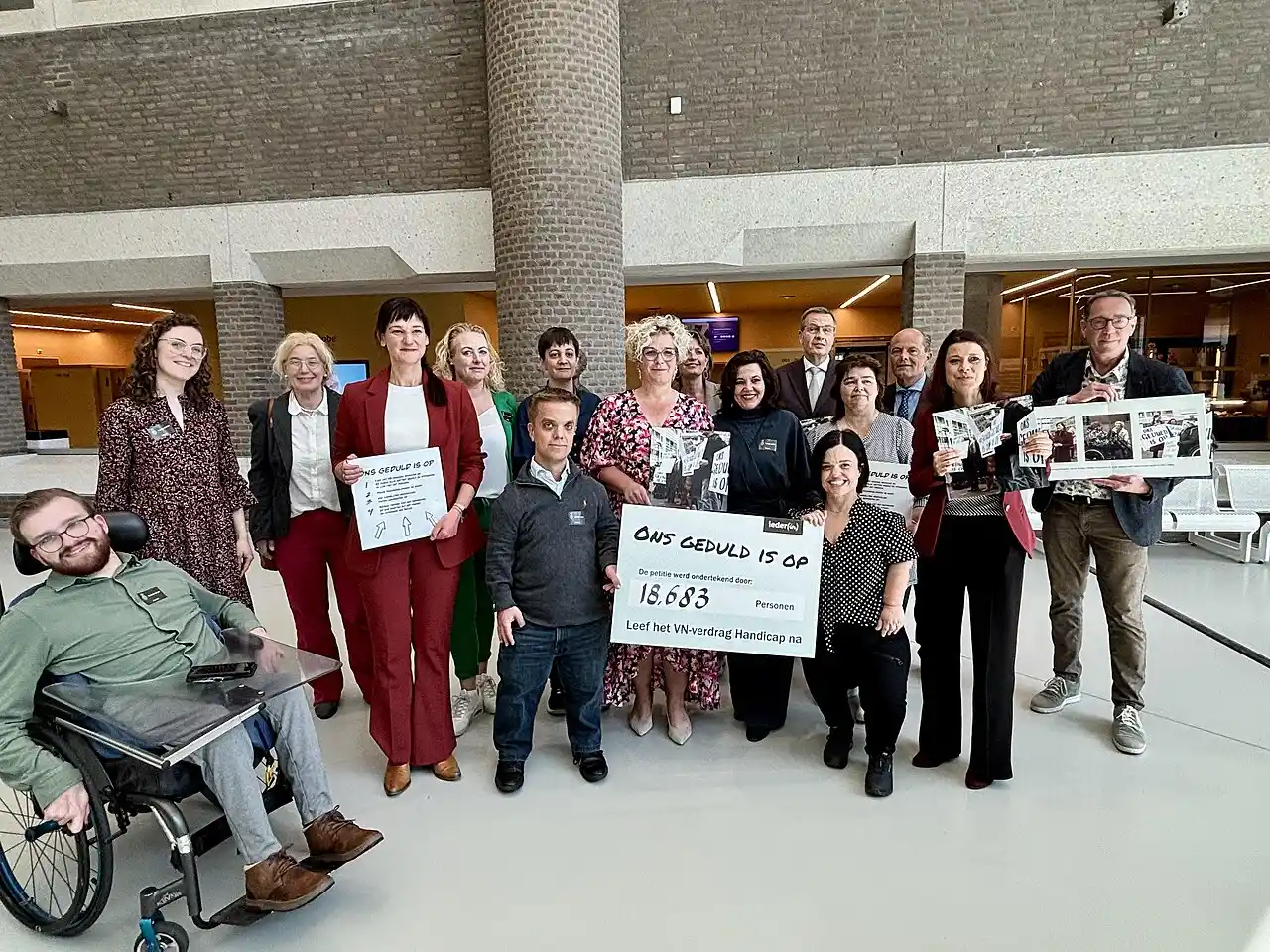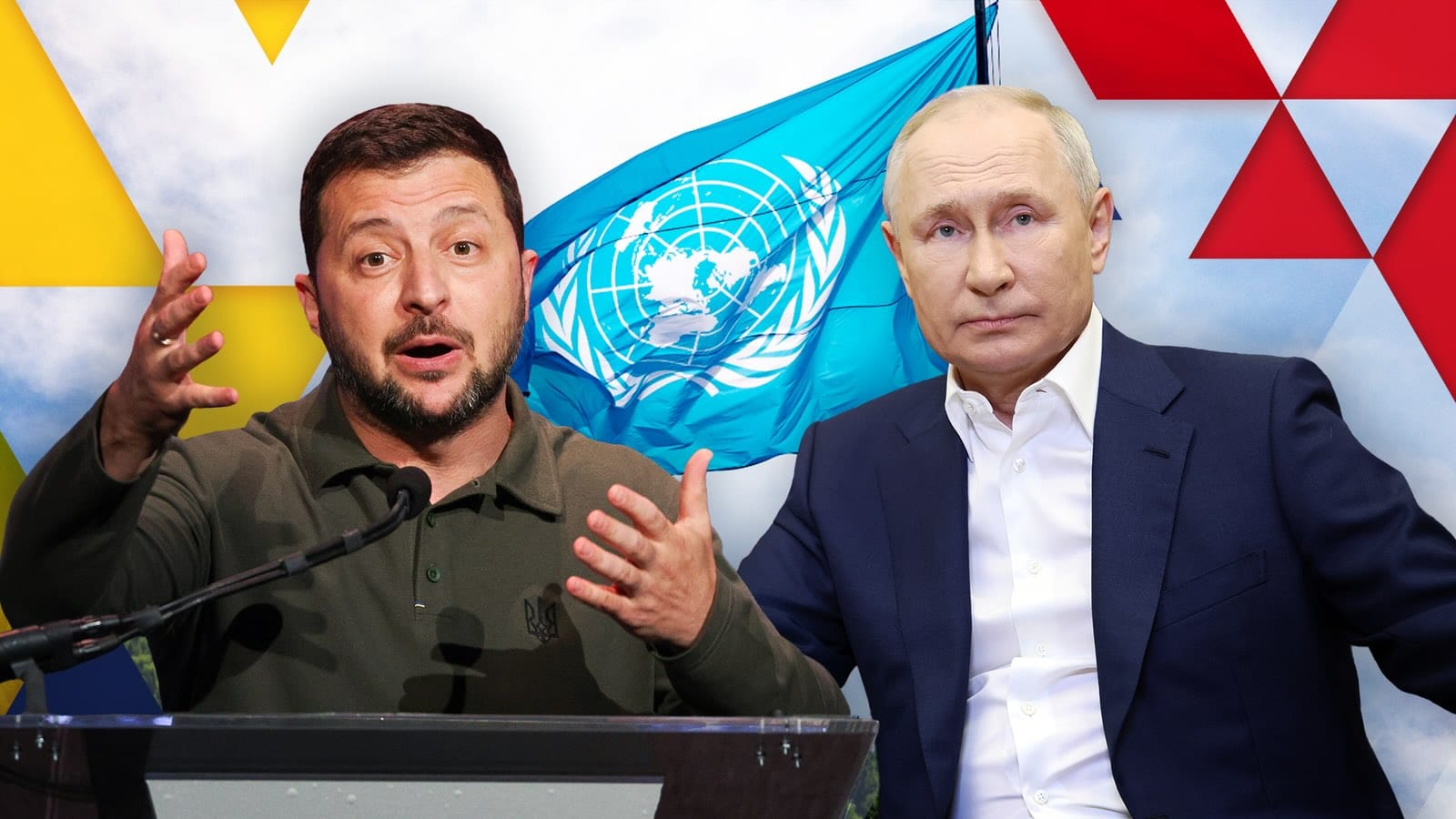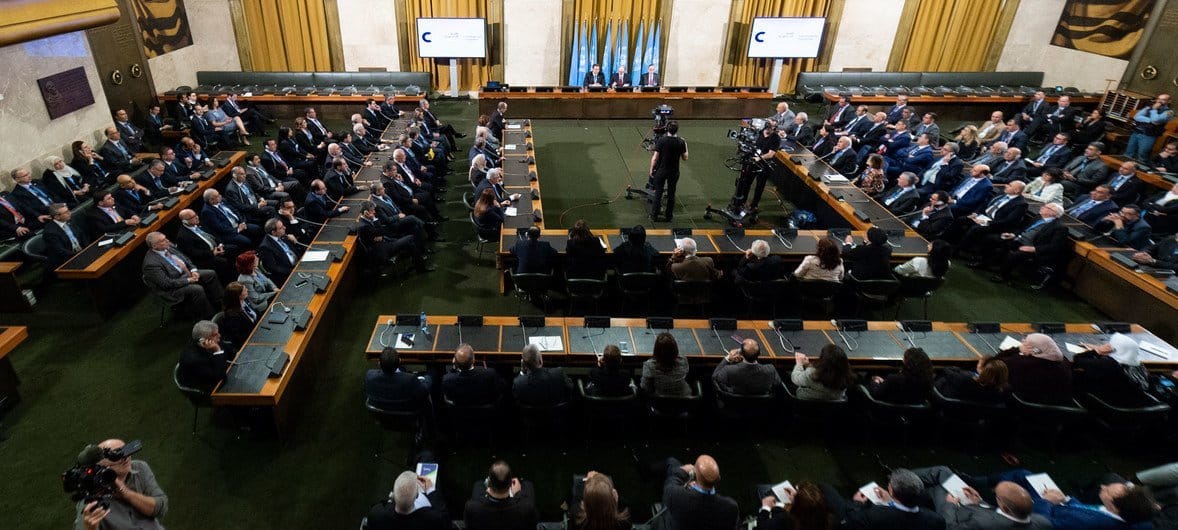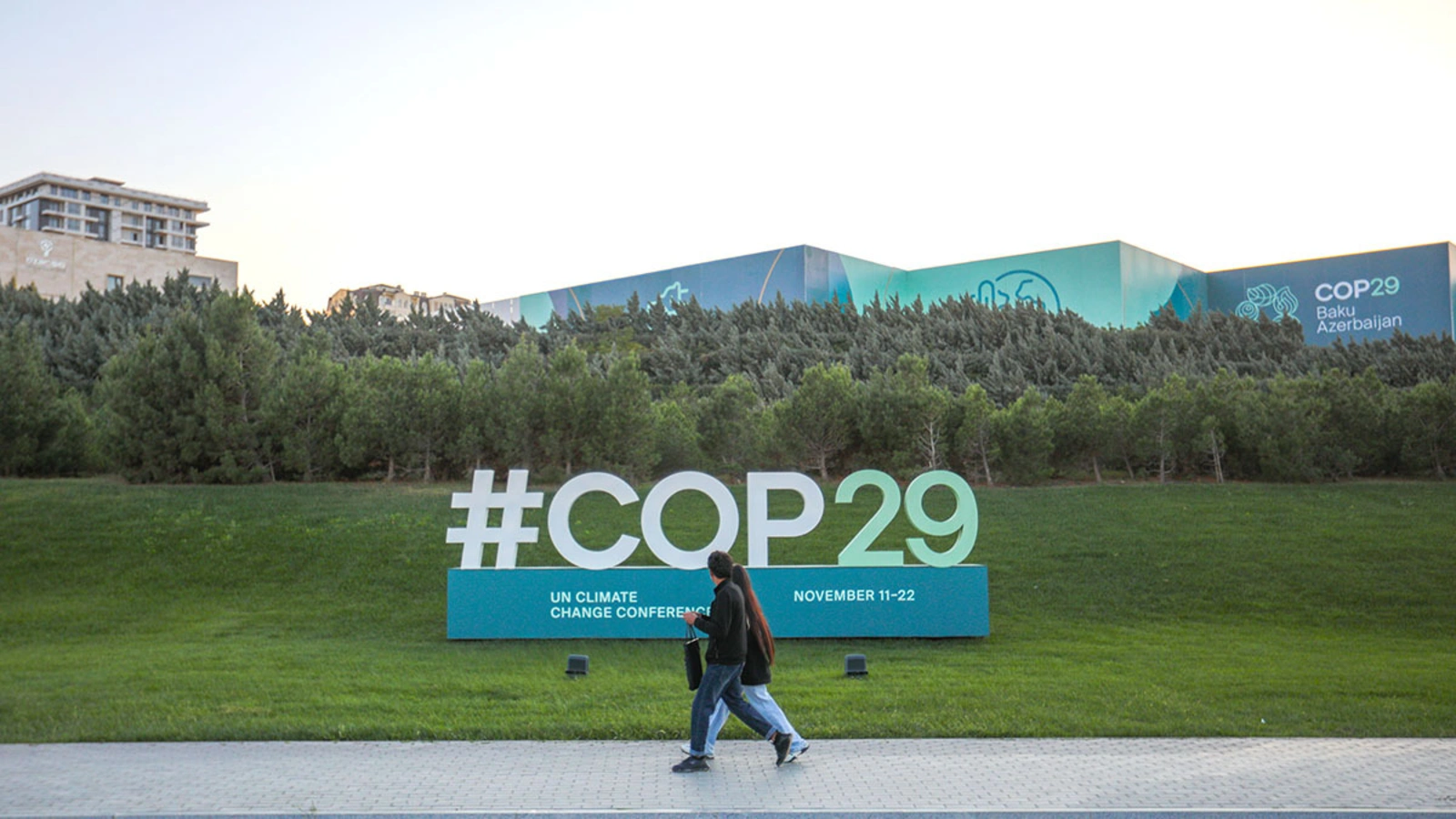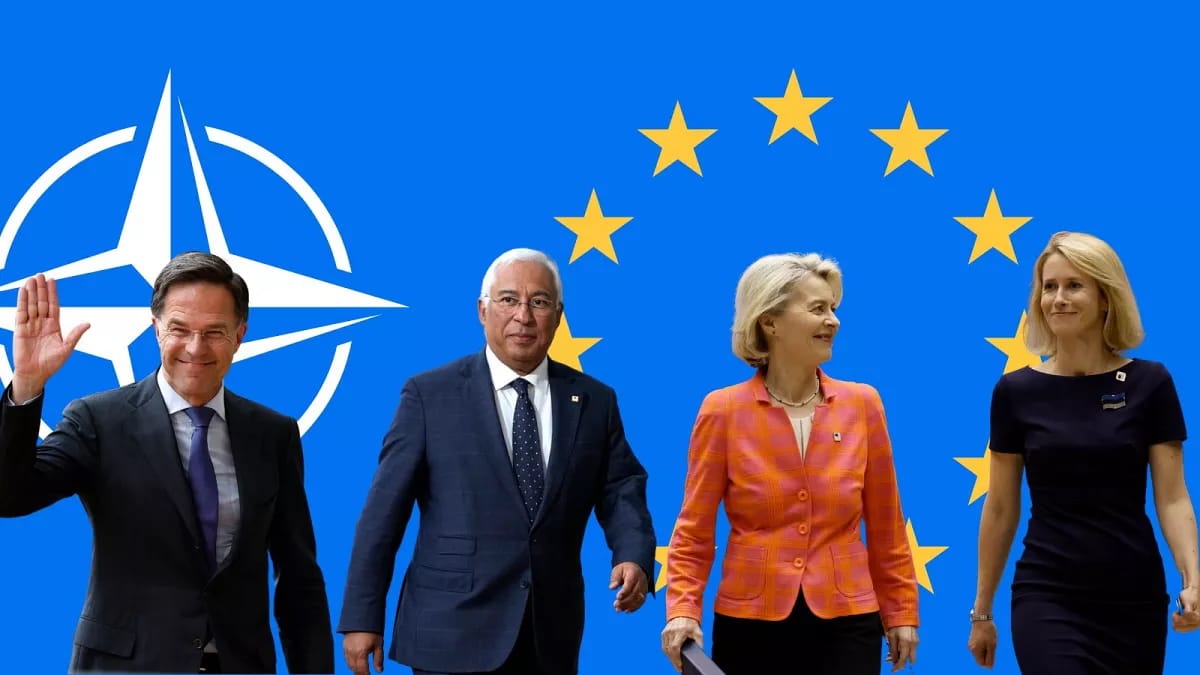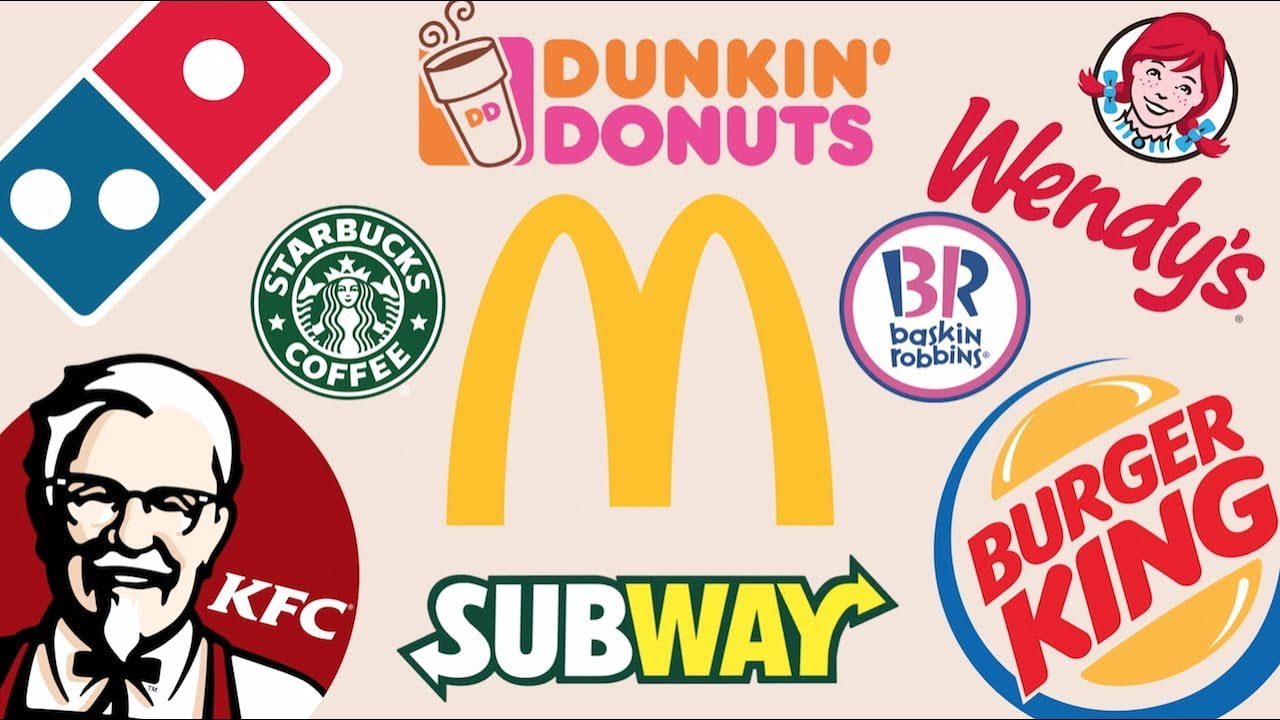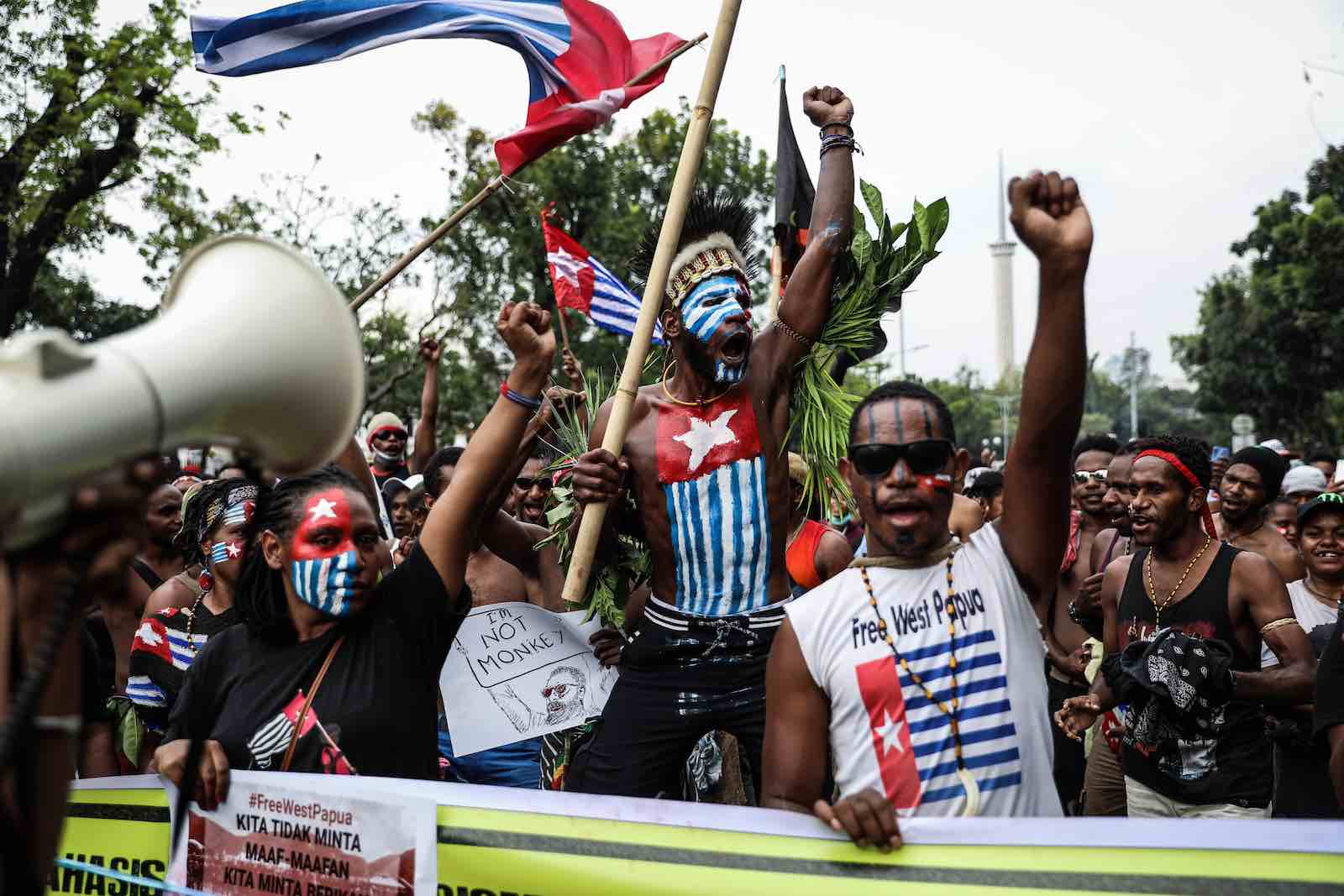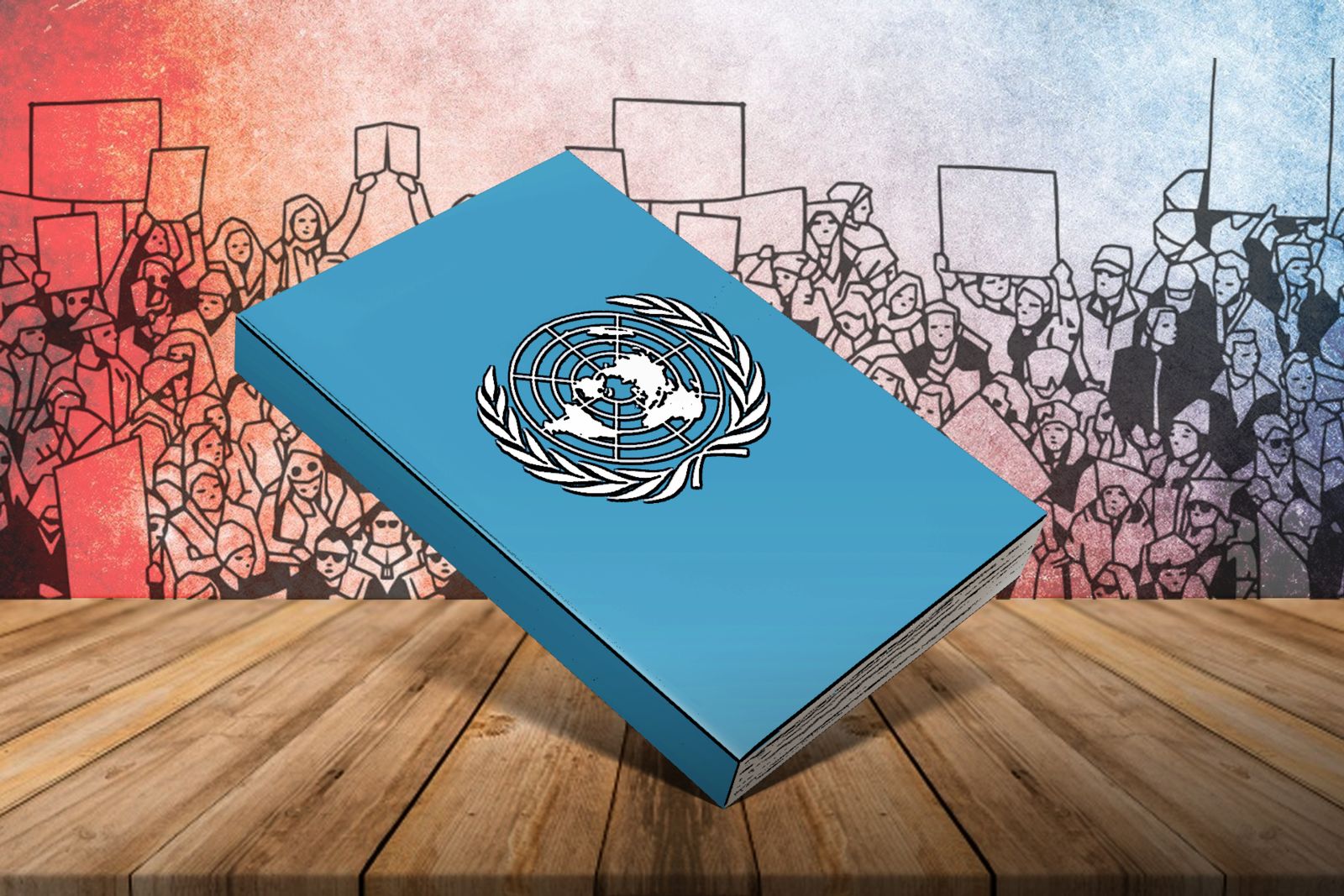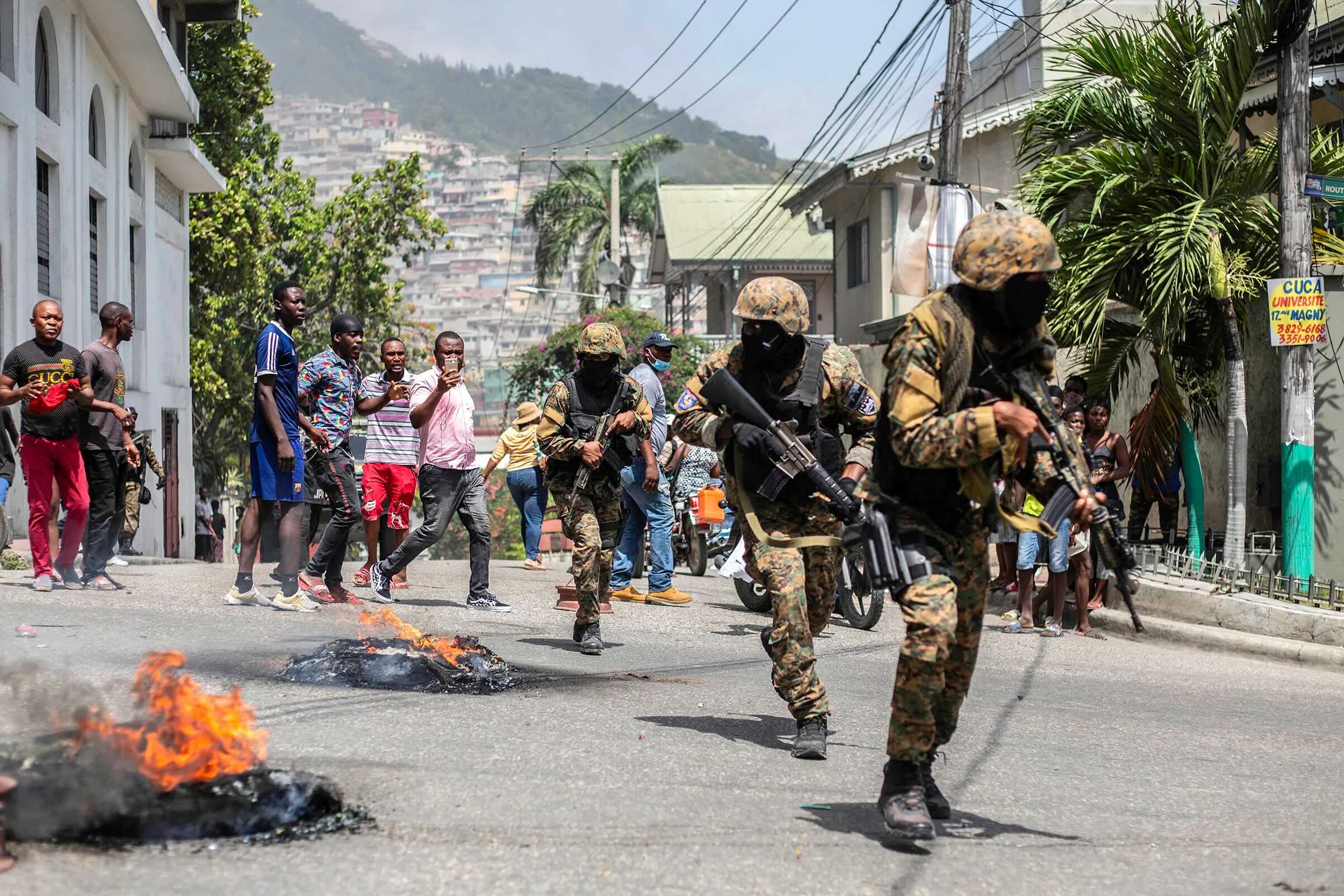The Convention on the Rights of Persons with Disabilities described disabled people as rights-holders even during war, not as charity recipients. Article 11 of the Convention acknowledges that armed conflict and humanitarian emergencies exacerbate vulnerabilities, rather than just creating new ones. The framework considers disability as a pre-existing social reality, making neglect during war as a failure of state responsibility. Despite this, implementation during prolonged wars remains weak, exposing the gap between legal recognition and lived reality.
Tag: United Nations
Book Review: “Does the Elephant Dance?”
Does the Elephant Dance? Contemporary Indian Foreign Policy is a study of Indian foreign policy and its evaluation on various parameters. The author of this book, David M. Malone, a diplomat, author, and former Rector (leader) of the United Nations University, has witnessed the firsthand development of Indian foreign policy and held discussions with the key decision-makers. Throughout ‘Does the Elephant Dance?’ Malone exercises this confluence of diplomatic and scholarly authority artfully, tracing the key tenets of Indian foreign policy from its independence, till 2011.
Can the United Nations still Resolve Modern Conflicts?
The United Nations (UN), formed in 1945 with the lofty goal of averting world conflict and encouraging international cooperation, has been a beacon of hope and multilateralism. Over the years, the UN has shifted its focus from simple state mediation to complicated peacekeeping, peace enforcement, conflict prevention, and post-war reconstruction. Its methodologies were mostly inter-positional during the Cold War. As crises became increasingly complicated, especially after the disintegration of the Soviet Union, international warfare (direct war) was replaced by a rise in domestic civil wars, ethnic conflicts, and political tensions among powerful states.
Post-Assad, Rebels Set to Represent Syria at the UN
On Tuesday, the UN Security Council publicly discusses Syria for the first time since the fall of Bashar al-Assad. Eyes will be on the Syrian delegation, appointed by the Assad government but thus far kept in post, and the old regime’s ally, Russia. The Kremlin’s diplomats are said to be co-operative; Russian media now call Hayat Tahrir al-Sham, the dominant rebel force, an “armed” rather than a ‘terrorist’ group. Nevertheless, America is wary of letting Russia use its veto power to shape the transition to its liking.
COP29: Disappointment at Baku
The multilateral UN Framework on Climate Change, which was established to address climate change, once again revealed disappointing results from the pledges made by developed countries at its COP29 climate financing summit in Baku, Azerbaijan. The unsettling start from the Azerbaijani president’s stirring statement that fossil fuels are a “gift from God” kicked off the meeting drawing disparagement from figures such as Greta Thunberg who referred Azerbaijan as “an authoritarian petro-state.”
Time for Europe: Forging a New Path Ahead
The US Elections are over and the victory is resoundingly for Donald Trump. Europe leaders are nervous about what it would mean for Europe, NATO and the war in Ukraine. European Union, the largest regional bloc, still doesn’t speak in one voice. French President Emmanuel Macron has been leading the charge in forging an independent Europe. Since the end of World War 2, Europe has been tangled with the US in all the ways possible which has created an atmosphere of dependence on the US.
How Fast Food Chains fuel Food Insecurity?
Today, almost half (44%) of the world’s habitable land is used for agriculture. In the past few decades, the crop yield has also significantly increased due to various factors like improved farming techniques and better seeds. While there is abundance of food production to feed everyone, the problem of food insecurity still persists. Figures estimate that access to healthy food is unaffordable for almost 3.1 billion people worldwide. UN’s FAO defines food insecurity as a situation where “a person is considered food insecure when they lack regular access to enough safe and nutritious food for normal growth and development and an active and healthy life”. The fast-food chains that offer cheap, convenient, calorie-dense meals are one of the key contributors to the food insecurity problem across the globe.
West Papua Conflict: Silent Struggle in Indonesia’s Easternmost Province
The conflict between Indonesia and West Papua has its roots in the decolonisation of Indonesia from the Netherlands and the disputed referendum called the Act of Free Choice in 1969. The referendum, which was widely criticised, resulted in West Papua becoming part of Indonesia. However, the process was perceived as fraudulent by many Papuans, who believe that their civil and political rights were violated during the decolonisation process. The conflict has persisted, with core grievances remaining unresolved. The Indonesian government views the Act of Free Choice as the final stage of a decolonisation process, while many Papuans see it as a fraudulent process backed by state violence and international acquiescence. The Indonesian government has been sensitive to perceived foreign intervention and has restricted efforts by journalists, diplomats and non-governmental organisations wanting to report on the conflict.
UN-finished? Peace, Promises and Growing Disappointments
The result? A crescendo of global disappointment and a serious need for rethinking of the UN’s relevance in a world that has moved beyond its post-1945 landscape. Also, a legitimate question to ask is that as a common individual living in a fairly small country, why should one trust and rely on the UN to protect them in times of humanitarian crises and hold the perpetrators accountable, given the litany list of failures before us? A more casual way of asking the same question would be, ‘is the UN still relevant?’
The Viyug’s Guide to Understand Haiti’s Ongoing Crisis
Haiti represents a complex and multilevel challenge that has gripped the nation in a relentless cycle of turmoil and suffering. Defined by deep-rooted political instability, pervasive extreme poverty, and the seismic impact of president’s assassination, Haiti finds itself at a critical crossroads.
